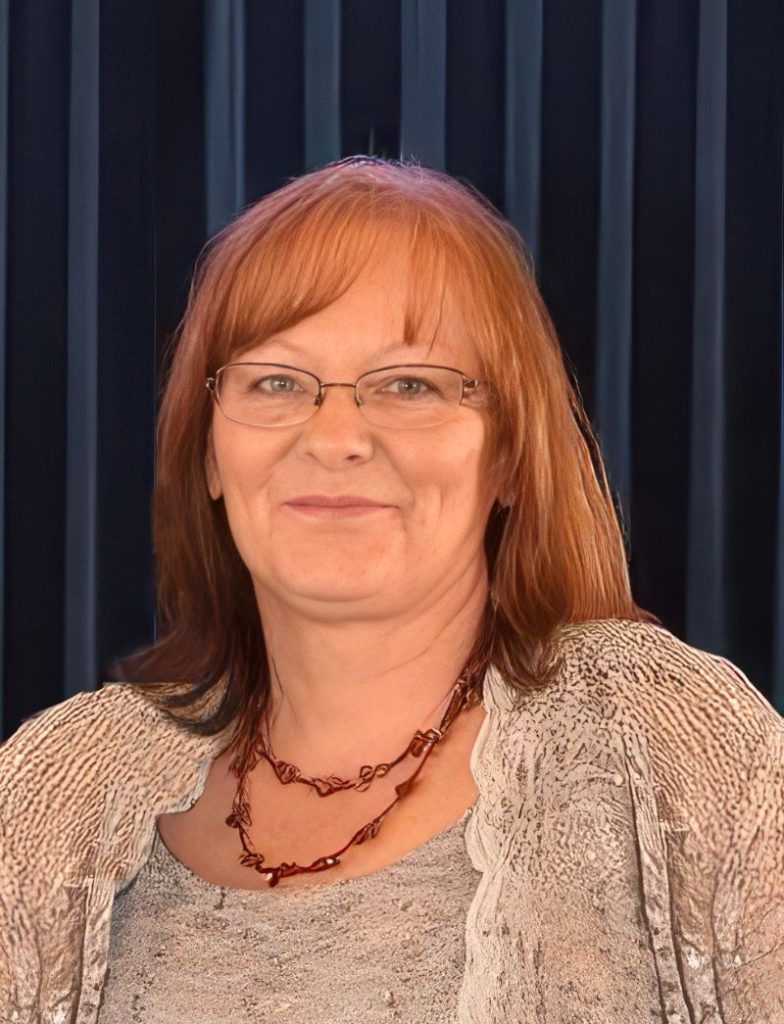Ask MRN: Are parents aware of SB 818 that revamps sex education in Illinois schools?

Dear Muddy River News:
I don’t think many parents are aware of SB 818 being passed by Illinois. This revamps sex education (K-12) in schools, and it is global, according to a documentary I found online. It is about 35 minutes long. I don’t know if you have already covered this, but all people need to be aware of this in my opinion.
Illinois Gov. JB Pritzker signed two bills in August that updated the state’s sex education standards in K-12 schools.
Senate Bill 818 adds personal health and safety education standards in K-5, and it makes comprehensive health education more inclusive in grades 6-12. School districts do not have to adopt the voluntary standards unless they are teaching comprehensive sexual health education. Parents can choose to opt out.
Course material and instruction help students learn about concepts like consent. It develops self-advocacy skills for effective communication with parents or guardians, health and social service professionals, other trusted adults and peers about health and relationships. The Illinois State Board of Education developed and adopted these new voluntary learning standards.
House Bill 24 requires classes that teach sex education to include an age-appropriate discussion regarding sexting.
Neither of those bills, however, affect what is being taught in Quincy’s public schools, which does not have a comprehensive sexual health education curriculum.
Kim Dinkheller, director of curriculum, instruction and assessment with the Quincy School District, recently explained that the only health education course required by Illinois law, under the Comprehensive Health Education Act, is called Critical Health Problems.
“That’s in (Quincy School) Board policy that’s been around for the last several years,” she said. “In that course, there are topics that would be anything from prevention and understanding of diseases such as cancer. They talk about legal ramifications of things like alcohol, drugs and tobacco. They offer medically accurate information about physical health, mental health, cardiopulmonary risks and those kinds of things.”
Dinkheller says inside the course is a component of sex education that is considered age appropriate. It covers ecology, health, growth and development, emotional, physiological and hygienic social responsibilities of family life, sexual abstinence until marriage, prevention and control of disease, teen violence and dating, and the Abandoned Newborn Infant Protection Act.
Dinkheller says the course is taught in the eighth grade and during a student’s junior year in high school.
“At the younger grade levels, students are taught healthy eating habits and being safe when you’re riding your bicycle,” she said. “It’s different things like that which are age appropriate.”
Erin’s Law requires public schools to implement a prevention-oriented child sex abuse program for children in grades pre-K through 12. Erin’s Law is named after Erin Merryn, a childhood sexual assault survivor, author, speaker and activist who is the founder and president of Erin’s Law. Age-appropriate instruction helps students recognize unsafe situations, keep themselves safe and how to respond to unsafe situations.
Erin’s Law has been passed in 37 states, including Illinois and Missouri, as of July 2019.
To meet that requirement, Dinkheller says the school district has representatives from Quincy Area Network Against Domestic Abuse and the Adams County Health Department to do a one-day presentation. Students can opt out of the presentation.
“Back when I was an assistant principal at the junior high, we would have a counselor or social worker sitting in every hour (of the Erin’s Law presentations) with the teacher,” Dinkheller said. “If there was any information presented, and there was any kind of a trigger or something that was said that bothered a student who hadn’t opted out, then we had people who could stop and intervene with that if need be.
“When we’re bringing in any outside presenter for things, we always inform parents, and we always have that opt out.”
Dinkheller says “a handful” of students typically opt out for those presentations.
“It really depends on the grade level,” she said. “You want to make sure that we’re taking care of the whole child. With a public school, sometimes there’s things we want to make available for all students. We want parents to have an opportunity to talk with the school in case there’s something that they’re thinking, ‘I’m not really sure that this is something I want my kids to participate in.’ We want to make sure parents know why we’re doing it.
“Then if they still decide, ‘Yes, we don’t want to be part of that,’ then we always work with parents on that.”
Miss Clipping Out Stories to Save for Later?
Click the Purchase Story button below to order a print of this story. We will print it for you on matte photo paper to keep forever.

